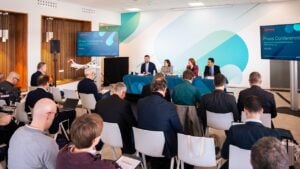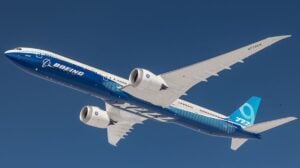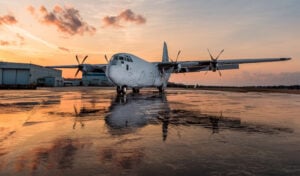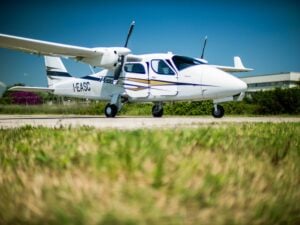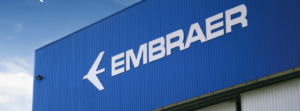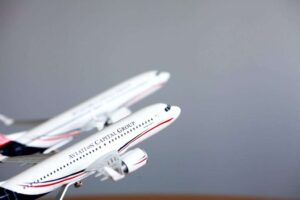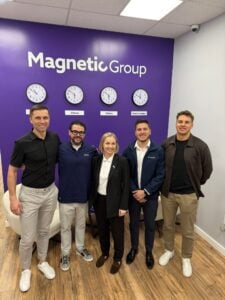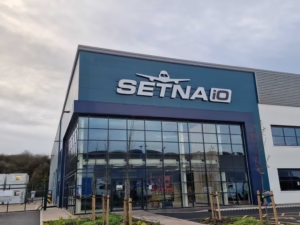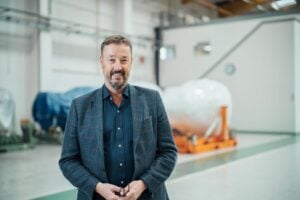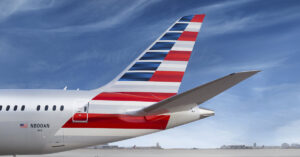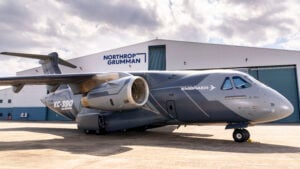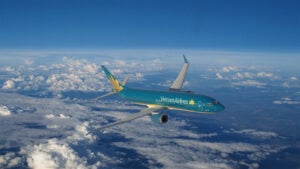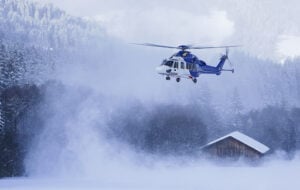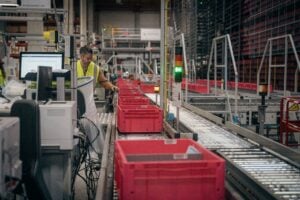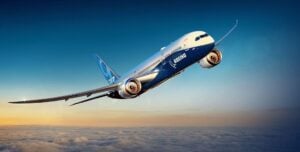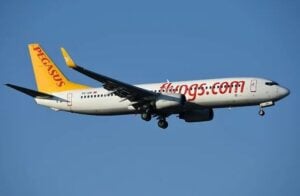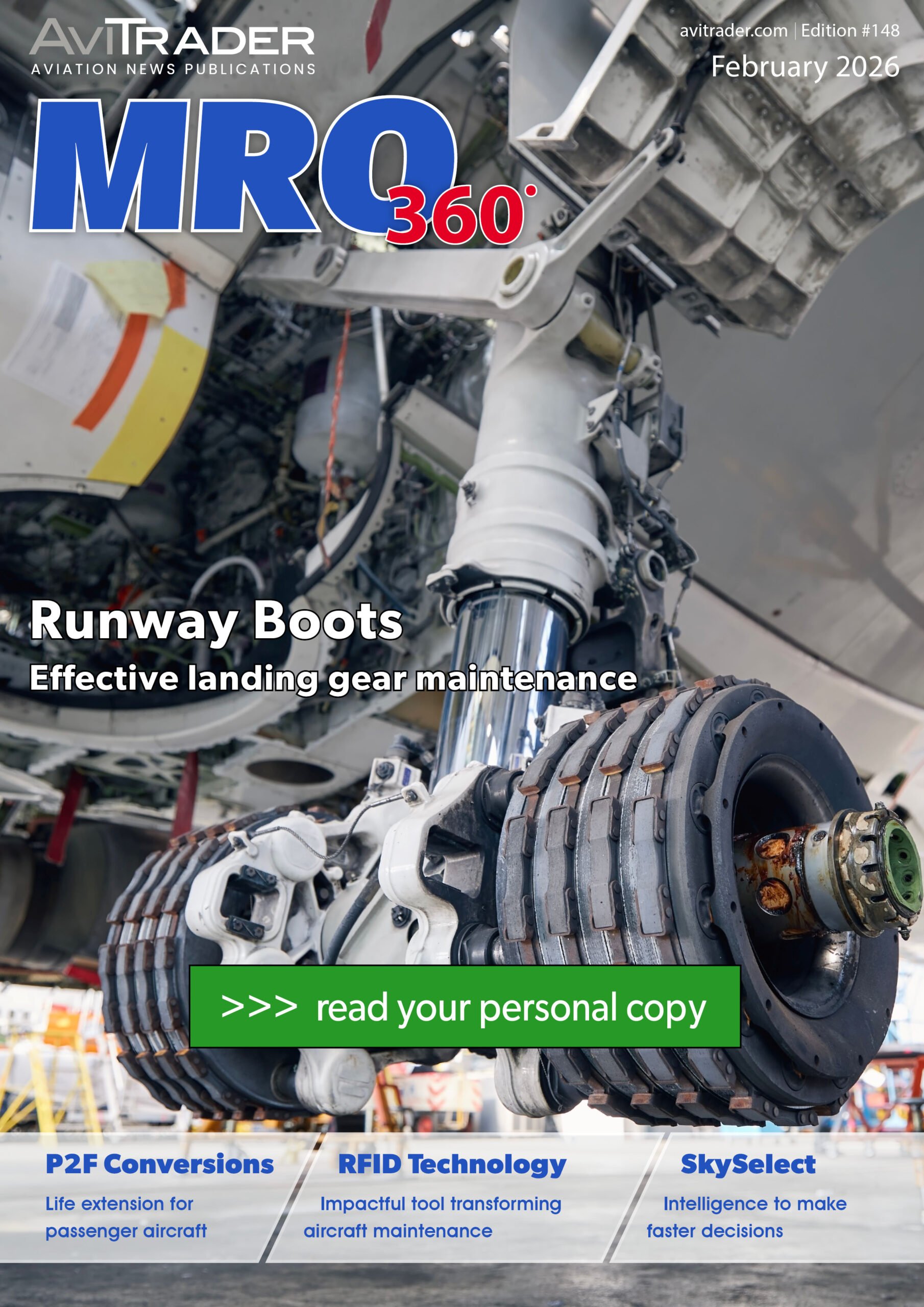Deutsche Aircraft and Pratt & Whitney Canada (P&WC) have successfully concluded a pioneering series of test flights on a D328® UpLift research aircraft powered by synthetic Fischer-Tropsch fuel, a sustainable aviation fuel (SAF) alternative designed to reduce carbon emissions and contrails. These tests, part of the UpLift-CLIM0ART project conducted in partnership with the German Aerospace Center (DLR), mark a significant milestone in the transition towards 100% SAF compatibility in commercial aircraft, as the industry moves to meet global net-zero carbon goals by 2050.
Utilising Fischer-Tropsch Synthetic Paraffinic Kerosene (FT-SPK), a chemical match to conventional kerosene fuel, Deutsche Aircraft has set the stage for the future use of Power-to-Liquid (PtL) technology-based SAF, which is produced from renewable energy, water and captured CO2. PtL technology is expected to become a crucial source of SAF, supporting the International Civil Aviation Organisation’s (ICAO) net-zero ambition by limiting carbon and non-carbon emissions alike. Dave Jackson, CEO of Deutsche Aircraft, emphasised that the flights demonstrate how SAF can match traditional jet fuel’s performance while significantly reducing environmental impacts. He also highlighted the importance of industry-wide collaboration and government backing to scale up SAF and PtL production.
The testing took place on a D328® UpLift aircraft fitted with Pratt & Whitney Canada’s PW119B engines, providing critical insights into the performance and efficiency of synthetic fuels under real flight conditions. This successful trial lays essential groundwork for Deutsche Aircraft’s next-generation D328eco, which aims to be SAF-ready upon its 2027 launch, powered by Pratt & Whitney Canada’s PW127XT-S engines. As SAF production expands, Deutsche Aircraft’s sustainable fuel-compatible D328eco will be among the first regional aircraft designed with the potential for 100% SAF operation, aligning with global targets to mitigate aviation’s environmental impact.



